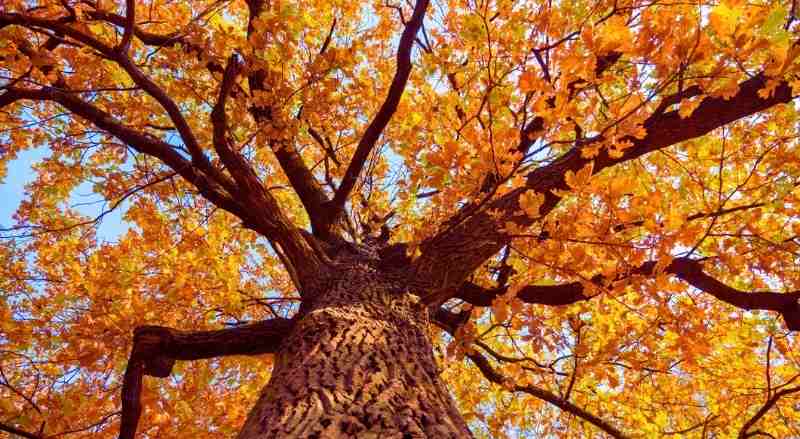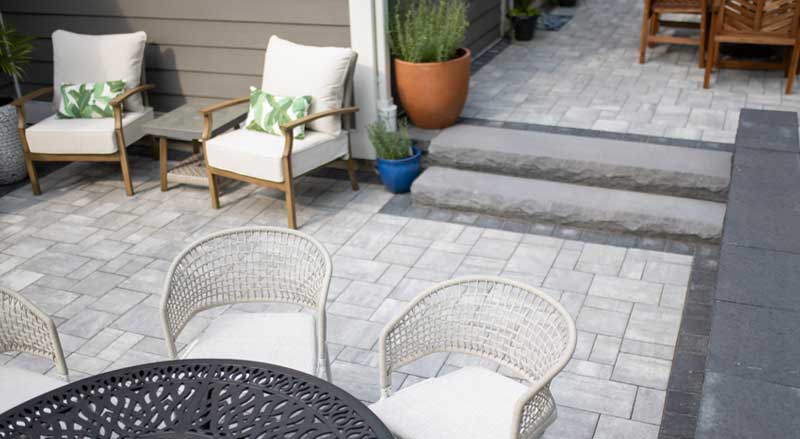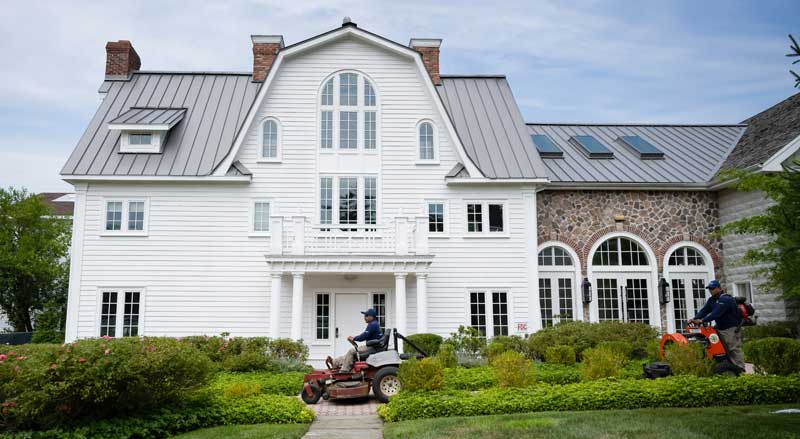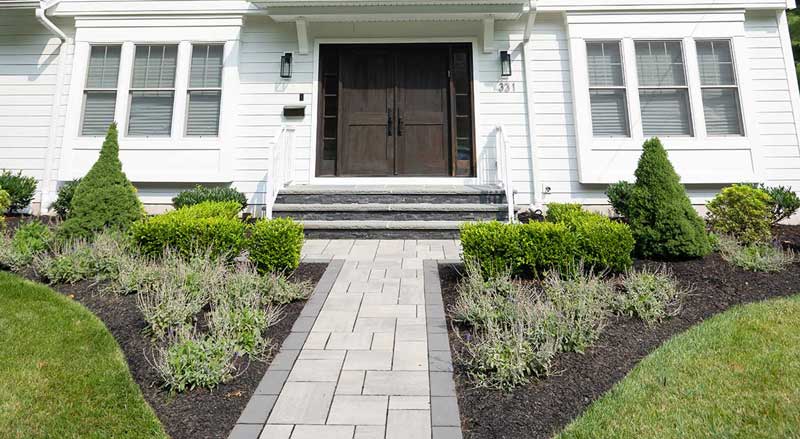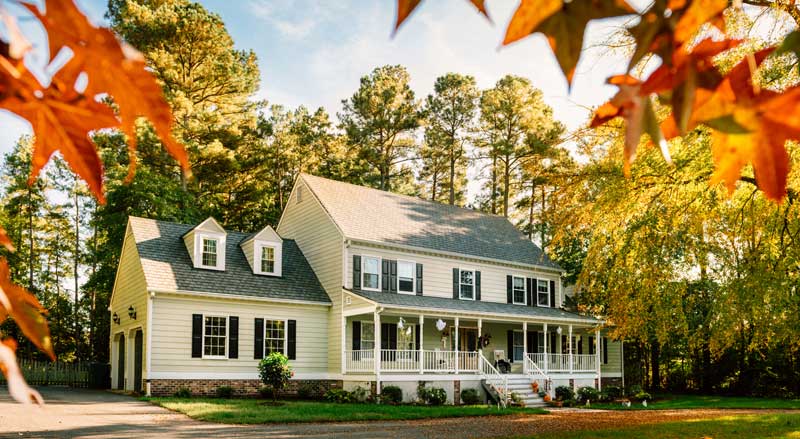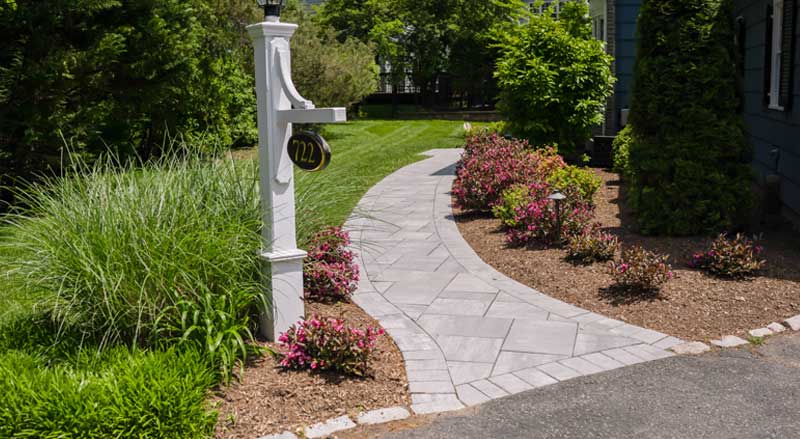It’s that time of year again. Leaves are falling, days are getting shorter, and winter is just around the corner.
You may be looking out at your yard with some apprehension about how to prepare it for the coming months.
This guide will demonstrate how and why pruning and trimming are some of the best things you can do for them. Invest just a little time this fall, and watch your yard thrive for years to come.
The Best Time to Prune
Fall brings more than just colorful leaves and cooler temperatures; it also gives us a unique opportunity to assess the health of trees.
As the trees shed their foliage, their bare branches allow us to see weak or damaged limbs.
With the trees in a bare state, now is the perfect time to prune them, shaping them for better growth as spring approaches.
Fresh Start for Spring
Think of fall pruning as giving your trees and shrubs a fresh, new start.
When you clear out deadweight, the plant can focus its energy on the healthy parts that will grow stronger in the spring.
With fewer weak spots dragging them down, they’re primed to burst back to life, growing fuller and healthier than ever when the weather warms up.
And who doesn’t want to see their yard looking its best when spring finally rolls around?
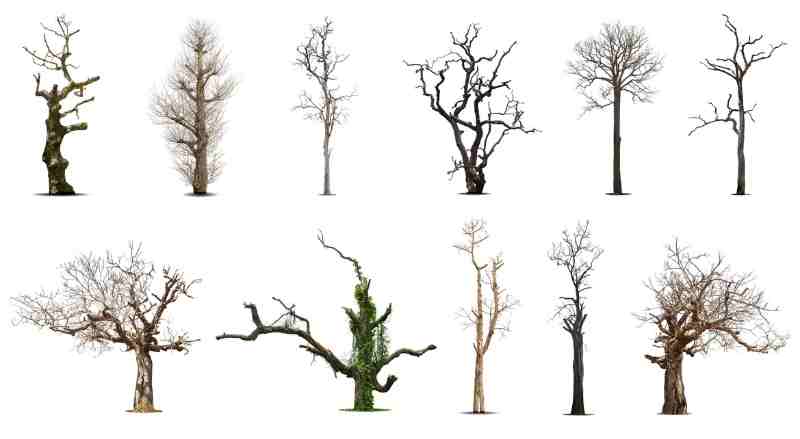
Preventing Pest and Disease Problems
Pruning in the fall helps you catch early signs of pests and diseases.
With the leaves gone, spotting infections, dead wood, or insect damage is much easier. Removing problem areas now can stop the spread of pests and prevent diseases from taking hold over the winter.
Catching an issue while small is much easier than dealing with a full-blown infestation or a widespread disease come spring.
Fall pruning gives your plants a head start on staying healthy for the next growing season.
Improved Air Circulation for Plant Health
Pruning isn’t just about removing dead wood. It also helps improve air circulation within your trees and shrubs.
Improved airflow allows rain or dew to dry quickly, reducing the risk of fungal diseases that thrive in damp conditions. Ensuring proper ventilation is important for preventing these issues and promoting healthier plants.
This increased circulation can lead to healthier, more abundant fruit for fruit trees.
It’s a small change that can make a big difference in the overall health and productivity of your garden.
Enhancing Safety Around Your Home
Removing potential threats ahead of time reduces the risk of damage and accidents. It is a small effort now that can prevent much bigger problems down the road.
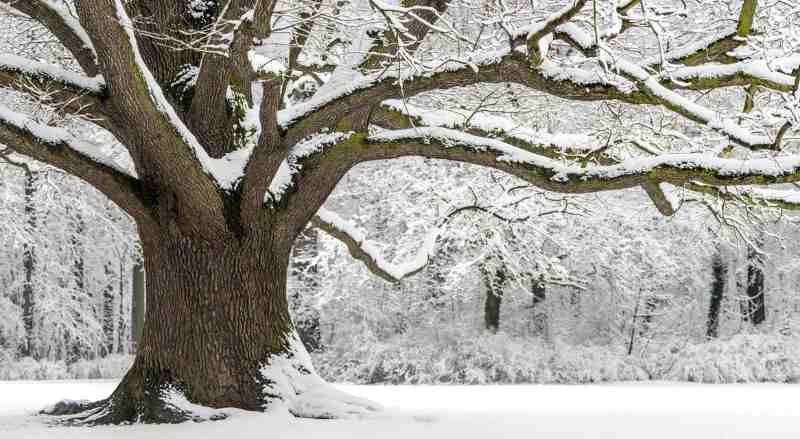
Getting Ready for Winter
Snow and ice are no friends to dead or flimsy branches. All that weight can quickly push a weak branch to its breaking point. The result? A fallen limb on your car hood or damage to your roof.
Dead or overgrown branches should be pruned away from the roof and eaves of your home, shed, driveway, and those that hang over roadways.
By removing these hazards before winter arrives, you’re protecting your property and keeping your family and visitors safe.
Power Line Safety
It’s important to mention what you should do if you notice any trees or bushes growing close to (Especially touching) power lines.
Do Not try to handle it yourself.
Instead, contact your local utility company right away. They have trained professionals who can safely manage this particular situation.
Most utility providers have a dedicated line for reporting these issues and respond quickly. By alerting them promptly, you’re helping prevent potential power outages and safety hazards.
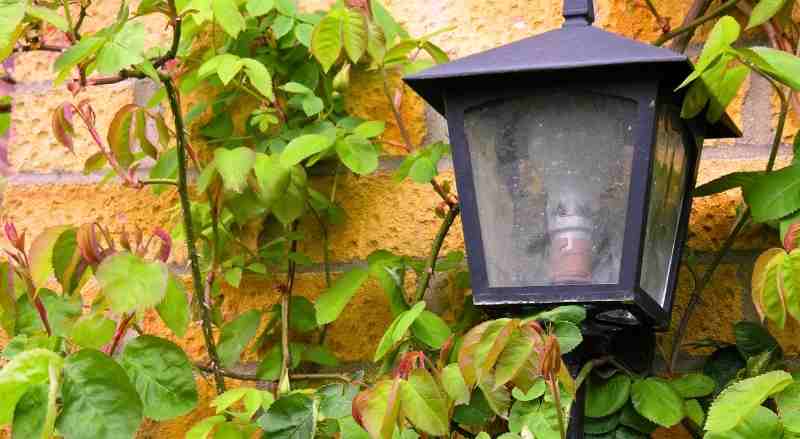
Lighting and Safety Considerations
Many people overlook how the lack of pruning your trees and bushes can ineffectively alter outdoor and landscape lighting.
Large branches obstructing light fixtures create dark areas around your property, making it unsafe to walk.
Whether for curb appeal or safety, pruning can help your landscape look great while improving visibility for you and your guests.
Consider Professional Assistance
Professional arborists and landscapers have the knowledge and expertise to prune in a way that promotes healthy growth and long-term beauty.
Cut a branch in the wrong spot, and you could end up with a tree that skips blooming next spring or, worse, a shrub that looks like it got a bad haircut.
A Win-Win
Professionals know where and when to trim so that your plants stay healthy and grow like they’re supposed to.
Plus, who really wants to spend their weekend wrestling with a ladder and dragging branches to the curb? Let the pros handle the hard stuff.
They will do the proper trimming and pruning that is suitable for the specific species’ overall health, they will clean up the mess, and then even recycle any clippings into mulch.
You can hire a crew to take care of the job, and you have a yard that looks great without you lifting a finger.
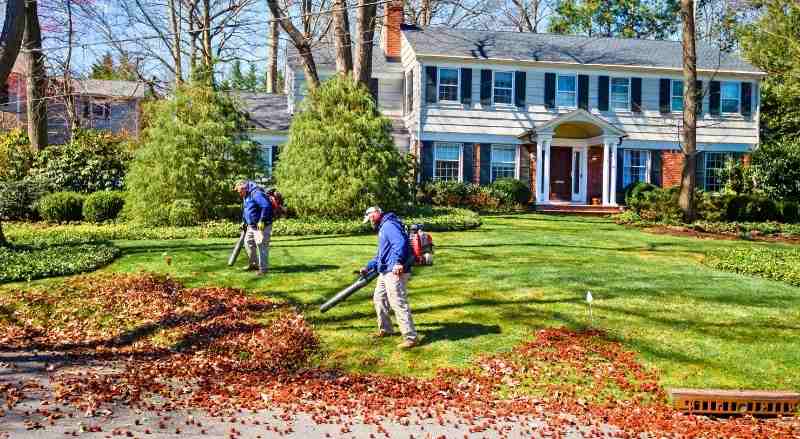
Looking To The Future
The biggest benefit of professional pruning is the long-term vision it brings.
Experts don’t just fix what’s wrong today – they prune with an eye on tomorrow.
This foresight prevents issues before they start, saving you time, money, and frustration down the road.
A good pro can develop a multi-year plan for your landscape, ensuring each plant gets the right care at the right time.
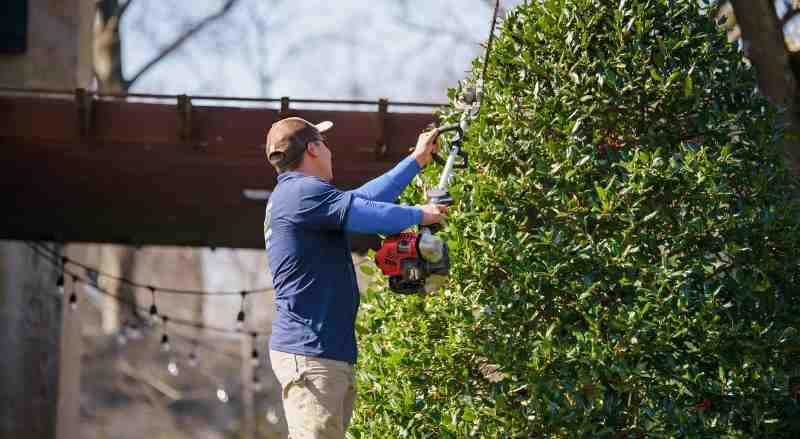
A Smart Investment
Rather than seeing tree maintenance as a chore, it’s better to recognize the value of maintaining the health, strength, and beauty of the entire property.
A well-maintained landscape adds value to your home, makes your outdoor space more enjoyable, reduces the need for costly repairs, and should be thought of as an investment instead of a chore.
Final Thoughts: Embracing Fall Pruning
Fall pruning isn’t just about tidying up your yard, it’s about setting your landscape up for success.
By taking care of your trees and shrubs now, you’re investing in a healthier, safer, and more beautiful outdoor space all year round.
We’ve covered a lot, from improving plant health to boosting your property’s safety and value.
But remember, every yard is different. What works for one might not be the best for another.
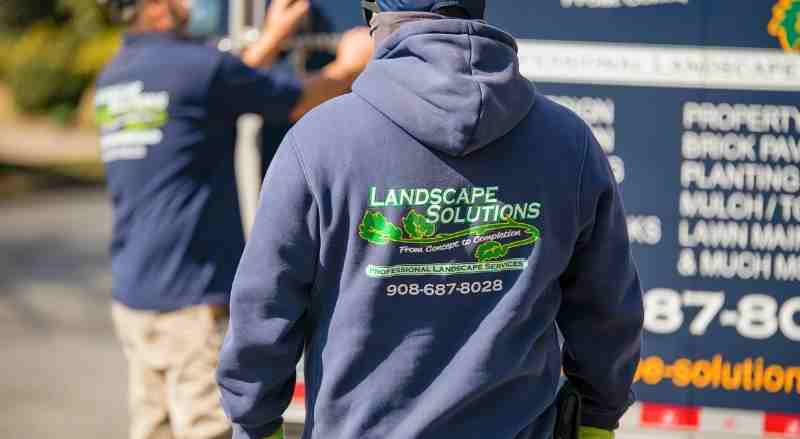
That’s where we come in. At Landscape Solutions, we know trees.
We can help you figure out exactly what your landscape needs to thrive through winter and bounce back strong in spring.
Ready to give your yard some love? Give us a call. We’ll work with you to create a plan that fits your needs and budget.
Let’s make sure your landscape is ready for whatever Mother Nature has in store.
Don’t wait until the last leaf falls.
Contact Landscape Solutions today, and let’s get your yard ready for its best season yet!
Bonus! Your Landscaping’s Fall Check List
While fall trimming and pruning are crucial, there’s more you can do to prep your yard for the colder months.
We’ve put together a quick list of other helpful fall landscaping tips.
These simple steps can make a big difference in how your landscape looks and performs next spring:
- Aerate and overseed your lawn for thicker grass next spring
- Plant spring-blooming bulbs before the ground freezes
- Mulch garden beds to protect plant roots from winter frost
- Clean and sharpen your gardening tools before storing them for winter
- Remove fallen leaves to prevent lawn damage and pest habitats
- Divide and transplant perennials to promote healthy growth
- Wrap young trees to protect against winter sun scald and frost cracks

